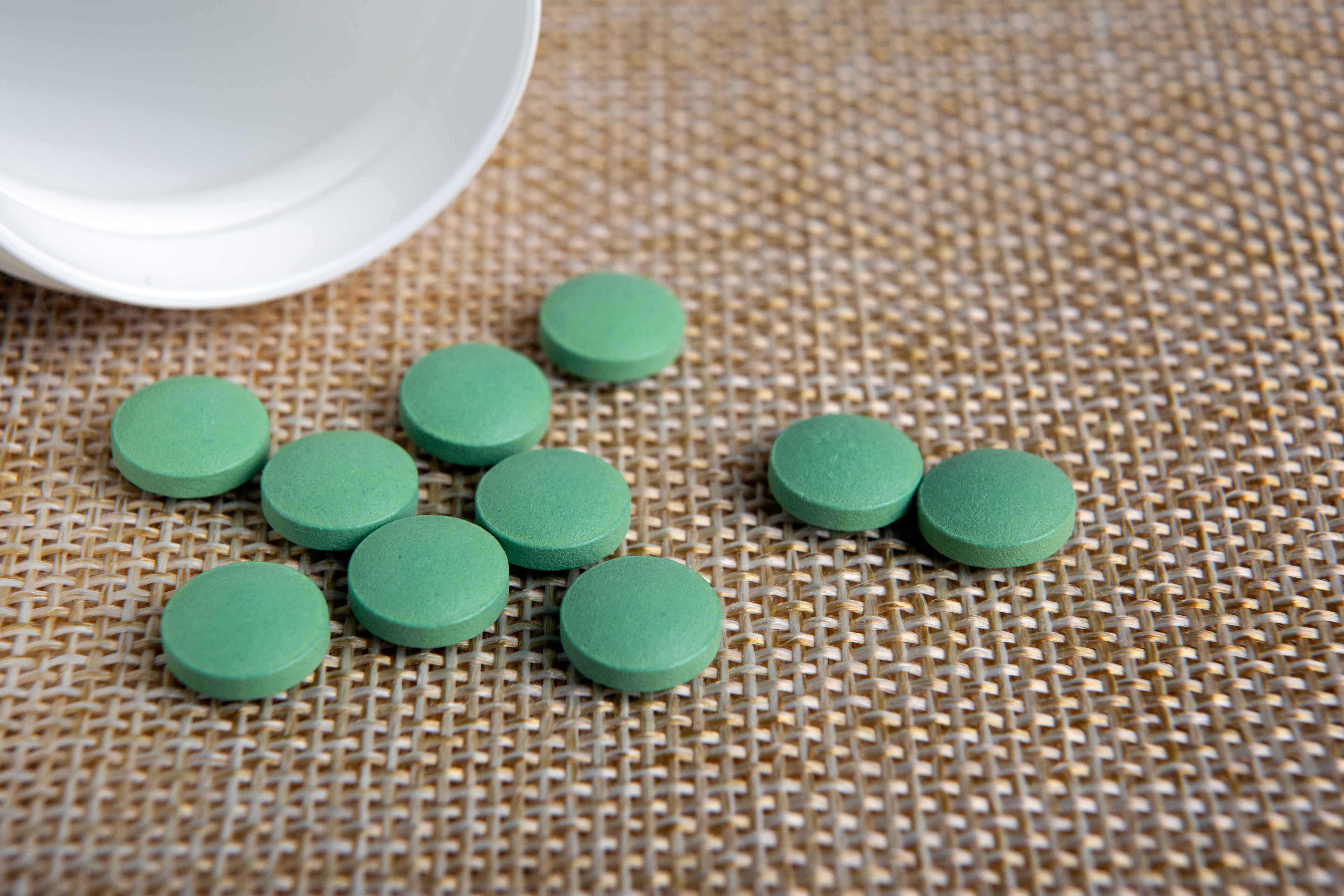Drugs that affect chemicals in the brain
entrance 2022.09.16 20:00 correction 16.09.2022 16:40
278 views
entrance 2022.09.16 20:00correction 16.09.2022 16:40
278 views
–
–
–

Recently, the number of depressed patients is increasing rapidly. Psychotherapy, lifestyle changes, and natural remedies can help lift the cloud of depression. Medicines are used when these methods are not enough. Are these drugs safe? What is the antidepressant drug and what are its side effects? It is important to know the properties of various antidepressants. The medical health media “Everyday Health” summarized this and introduced it.
I’m not the only one taking antidepressants
According to a September 2020 report from the National Center for Health Statistics (NCHS), more than 13% of adults in the United States are taking antidepressants. 8.4% of depressed men and 17.7% of women are taking medications. The percentage of women is more than double.
A study by the NCHS, published in May 2019, shows that antidepressants are the most commonly used prescription drugs for adults between the ages of 20 and 59. Antidepressants are sometimes used for other symptoms, such as anxiety, pain, and insomnia. Doctors also prescribe antidepressants to relieve symptoms of attention deficit hyperactivity disorder (ADHD) in children and adults.
Are antidepressant medications safe?
Most antidepressants are safe. However, people under the age of 25 are at risk for suicidal ideation when their antidepressant dose is increased or decreased during the first few months of treatment. If you have any of these thoughts, or someone who does, you should call the Suicide Prevention Helpline (1393) or, if in danger, call the emergency health services.
Once you start taking it, don’t quit without a doctor’s prescription!
If you stop taking the drug too soon, your depression may return. Your doctor will gradually reduce the dose when the time is right. Although antidepressants are not addictive, you may experience withdrawal symptoms if you stop taking them abruptly.
Most prescribed antidepressant SSRIs
Selective serotonin reuptake inhibitors (SSRIs) are commonly prescribed antidepressants. This drug inhibits the breakdown and absorption of serotonin (a neurotransmitter that helps regulate mood) in the body, thereby maintaining the serotonin level, thus helping to relieve depression.
Common side effects of SSRIs include nausea and vomiting and dizziness, headache, dry mouth, weight gain or loss due to changes in appetite, diarrhea, sleepiness, or insomnia. Additionally, there may be side effects such as sexual dysfunction, agitation, anxiety, or restlessness.
SNRI works by blocking the reuptake of two chemicals
There are also serotonin and norepinephrine reuptake inhibitors (SNRIs). It blocks the reuptake of serotonin and norepinephrine (a neurotransmitter between the stress hormone and nerve cells). The most common side effects are nausea and dizziness, headache and dry mouth. Constipation, sexual dysfunction, insomnia, fatigue, and loss of appetite may also be present.
Tricyclic and tetracyclic antidepressants
Tricyclic and tetracyclic antidepressants block the reuptake of serotonin and norepinephrine by a different mechanism. This drug is not widely used today because it can cause various side effects. It can cause serious side effects such as disorientation. It is also prescribed when other antidepressants don’t work. Side effects of this medicine include drowsiness, blurred vision, constipation, dry mouth and decreased blood pressure, which can cause dizziness upon waking.
The oldest MAO antidepressants
There are also monoamine oxidase inhibitors, the oldest antidepressants. It blocks monoamine oxidase which breaks down various neurotransmitters such as serotonin, norepinephrine and dopamine. It is not widely used today because it interacts with certain foods and drinks, as well as with other medications. For example, people taking MAOIs can have dangerously high blood pressure if they eat high amounts of complex tyramine (found in fermented soy products such as hard cheese, charcuterie, draft beer, sauerkraut, miso, tofu, and salsa). of soy). Also, when MAOIs are taken alongside other antidepressants, pain relievers, cold and allergy medicines, and supplements, serious side effects can occur.
atypical antidepressants
There are also drugs that treat depression by changing other neurotransmitters in the brain. A drug called bupropion (Wellbutrin) is classified as a norepinephrine-dopamine reuptake inhibitor. This antidepressant has fewer sexual side effects than other antidepressants.
New and innovative drugs such as nasal sprays and intravenous injections
In 2019, the FDA approved the new drug as an antidepressant. Esketamine (Spravato), a runny nasal spray, may be helpful for people who don’t respond to other antidepressants. It has similar properties to ketamine, which is often used as an anesthetic, so its use is limited due to the potential for abuse and poisoning. Traditional antidepressants can take weeks to take effect, but esketamine usually works quickly, within hours.
Brexanolone (Zuleso) is a drug for women with postpartum depression. It is administered intravenously for two and a half days (60 hours) and the effect usually appears within a few days. It is chemically similar to a hormone called endogenous alloprenolone.
In August, the FDA approved Aubelity as a major antidepressant. This drug quickly relieves the symptoms of depression. If you use it consistently, it will be effective within 1 week. Most antidepressants take at least six weeks to take effect.
–


